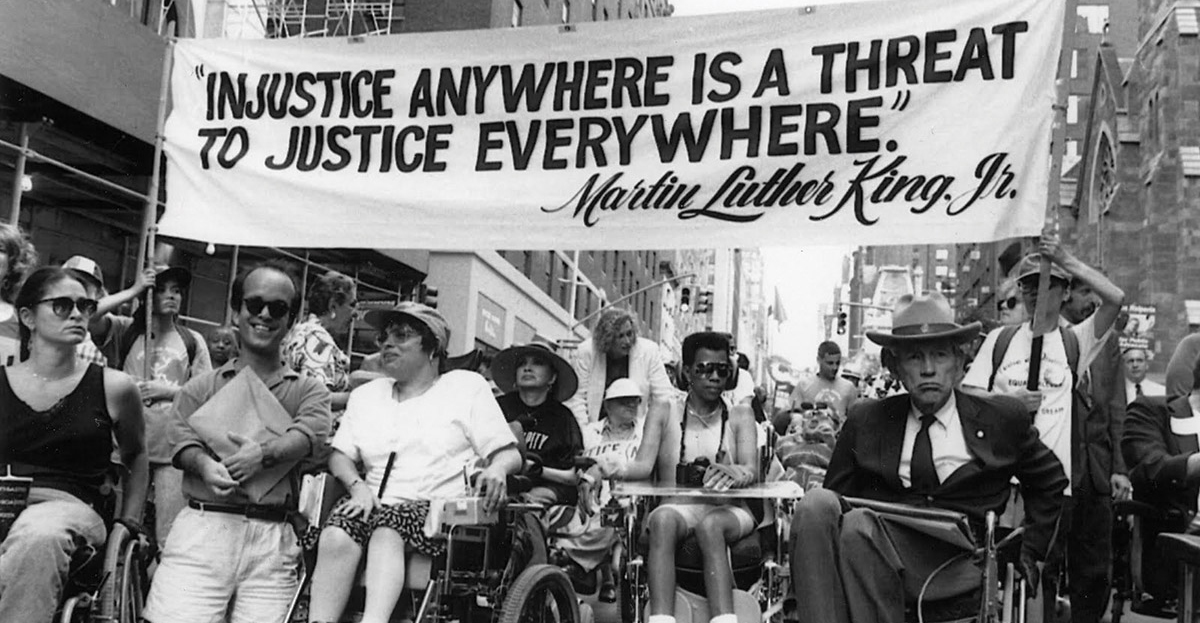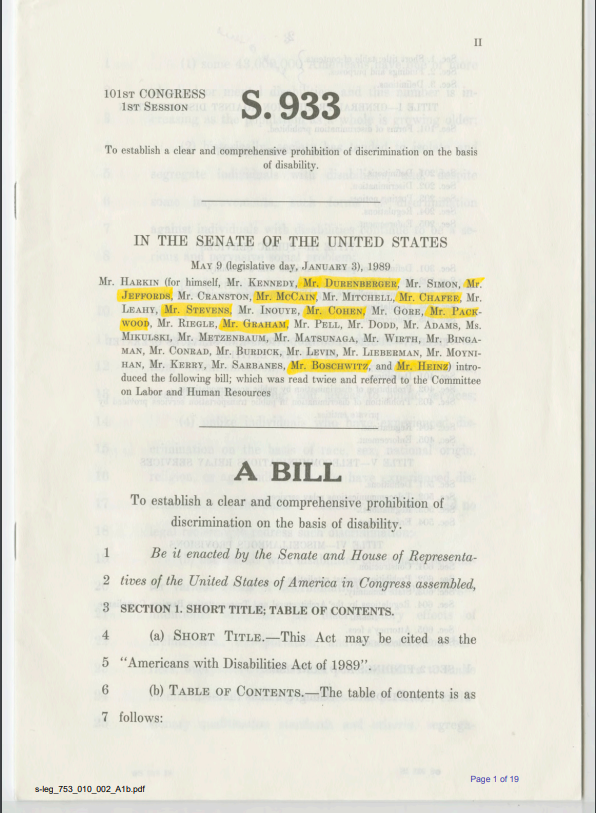Activists, communities, and the government each held crucial roles in ensuring the rights of people with disabilities. People with disabilities shared their experiences and fought for their rights, while the government and communities were tasked with making sure they were not excluded from society.
The Americans with Disabilities Act (ADA) requires employers, businesses, and public services to provide equal access and reasonable accommodations for individuals with disabilities.
Responsibilities include removing barriers, ensuring non-discrimination, and promoting inclusive practices. Activists and peers also play a vital role by advocating for rights, raising awareness, and supporting inclusive communities.

